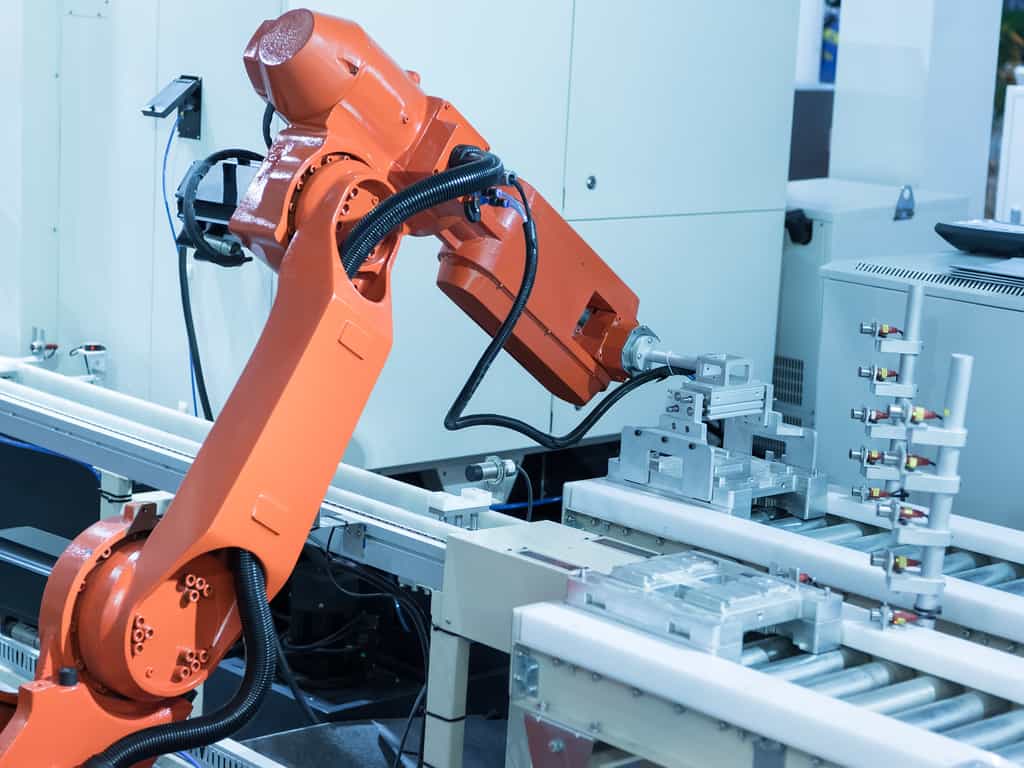Smart Tools are a low-cost investment that can transform manufacturing processes and save costly rework or product recalls. This article will outline their basic operation and the strategies for using them in assembly and manufacturing operations.
Smart tools perform the same functions as regular manufacturing tools. However, they also have; sensors, electronics, a processor and a communications module. This enables them to be programmed with operation parameters. These can be selected automatically during production and will output the results of the manufacturing process.
Smart tools can be used in advanced manufacturing processes to put automation directly into the hands of operators. They eliminate manufacturing mistakes, speed up production time and automate data collection and manufacturing traceability.
A good example is an electric torque wrench, which is basically a smart torque wrench. It can be programmed to tighten to various torques and number of turns. Tightening programs can be selected directly from the tool or remotely through software. When the tool completes, it will output a Pass/Fail result, the torque achieved, and the tool used.
Benefits of Using Smart Tools
The two main benefits are:
- Controlling their operation in the manufacturing process.
- Capturing real-time manufacturing data from them, when operations are completed.
As part of an assembly process with a smart torque wrench, various nuts may need to be tightened to different torques on a component. Our Manufacturing Execution System Tascus can be used to control the manufacturing sequence. It can also be used with location sensors to detect where the tool is. This will send the correct torque set-point to the tool, at the correct point in the manufacturing process.
Retrieving data from smart tools can be used for verification and traceability of the manufacturing process. If issues are found with a product – for example, a nut loosening – manufacturing data can be mined to see what torque it was tightened to. This may lead to a revision of the manufacturing process, to solve these issues.
How to Connect to Smart Tools
Finally, they often have several options for communicating with other devices. Ethernet, Modbus and Profinet are common examples. These can be used to send commands to the tool and to store process information. Our MES Software, Tascus makes it easy to connect to smart tools using all of these protocols and will also control and log data from smart tools.
Summary
Smart tools are a great way to implement automation into manual assembly processes. Due to their network connectivity, they are a good way to lead into Connected Manufacturing and Industry 4.0 processes.





Does this Tascus connects to any cloud platform like PTC Thingworx or AWS or Azure to collect the data in cloud?
Hi Ajay,
Tascus connects to AWS & Azure for cloud data collection and analysis.
Thanks,
Martin